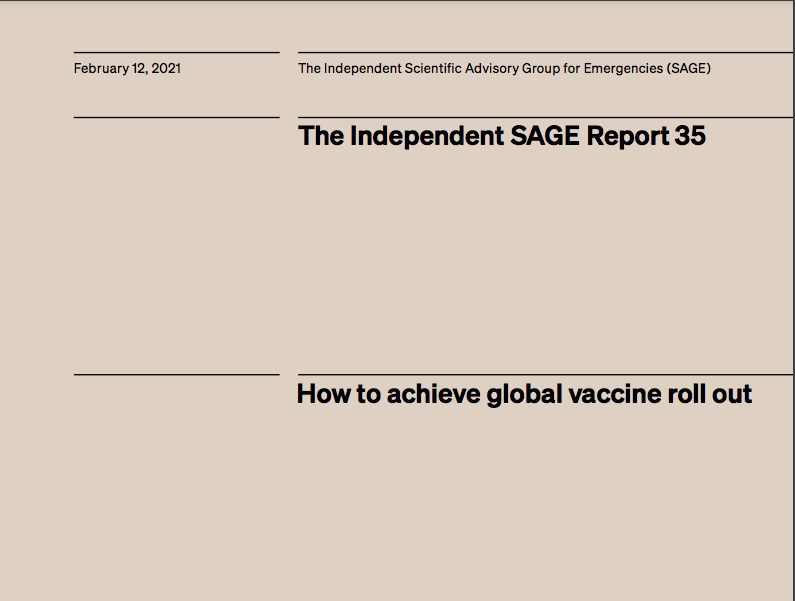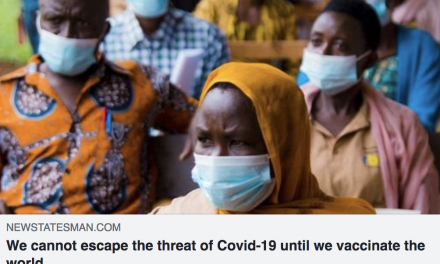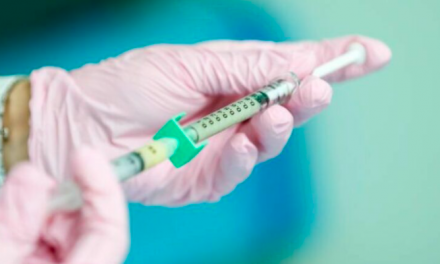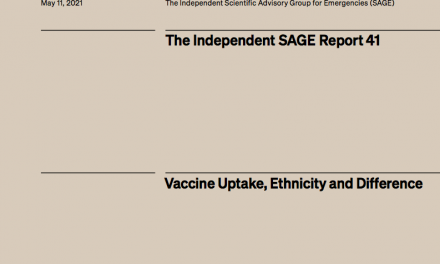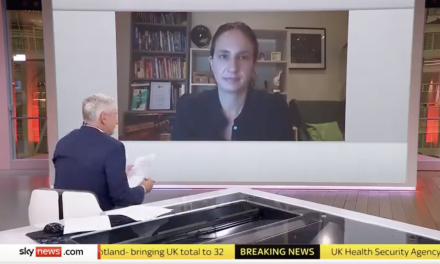Viruses know no borders. Some, like SARS CoV-2 viruses, responsible for COVID-19,
spread very effectively. As long as border controls are lax, they can establish themselves
in countries prior to detection through national surveillance or testing programmes.
Indeed, during February 2020—when UK infection control focused on those entering UK
from Wuhan—large numbers of infected individuals were returning from half-term
holidays in Spain, Italy and France. Similarly, when UK borders were closed to
Portugal, Brazil and South Africa in January 2021, to prevent importation of specific
variants, those variants were already prevalent in other parts of the world.
This highlights the need for global consistency in border controls.
Immunisation against COVID requires global reach to effectively limit international
spread and to aim for global elimination of SARS-CoV-2. There has been stimulation of
vaccine development though multi-lateral agencies such as the Coalition for Epidemic
Preparedness Innovations (CEPI), The Global Vaccine Alliance (GAVI) and the World
Health Organization (WHO), and widespread advocacy for access to vaccines for Low
and Middle-Income Countries (LMIC). Despite this, we are in the midst of a vaccine
nationalism crisis. WHO and GAVI are co-leading the COVAX programme, which aims
to ensure a global risk-sharing mechanism for pooled vaccine procurement, and
equitable distribution of vaccines. Without it, we face a serious risk that the majority of
people in the world will not be protected against COVID, and that this will allow the
virus—and its impact—to continue unabated. The inability to curb governments’
prioritisation of their own populations has meant that huge swathes of the world are
unlikely to see vaccine until 2022.

